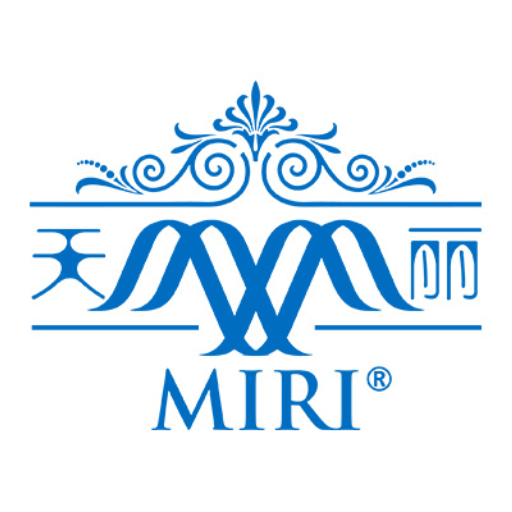Menopause and Sleep: How to Rest Better During the Transition
Why Sleep Becomes Elusive During Menopause
Menopause brings many changes to a woman’s body, and sleep disturbances are one of the most common complaints. Hormonal fluctuations, particularly the decline in estrogen and progesterone, can significantly impact your sleep quality and patterns. These hormones play crucial roles in regulating your circadian rhythm and body temperature – both essential for restful sleep.
Night sweats and hot flashes are frequent culprits behind sleep disruptions during menopause. When these sudden surges of heat occur at night, they can wake you up multiple times, preventing you from getting the deep, restorative sleep your body needs. Even if you don’t experience severe hot flashes, subtle hormonal changes can make it harder to fall asleep or stay asleep through the night.
The Link Between Menopause and Insomnia
Insomnia becomes increasingly common during perimenopause and menopause. Many women report trouble falling asleep despite feeling tired, or find themselves waking up in the middle of the night unable to go back to sleep. This can lead to daytime fatigue, mood changes, and difficulty concentrating – compounding other menopause symptoms you may already be experiencing.
Research shows that women in menopause spend less time in rapid eye movement (REM) sleep, the stage associated with dreaming and cognitive restoration. Lower estrogen levels may also decrease melatonin production, your body’s natural sleep hormone. The result? You might feel like you’re in a constant state of sleep deprivation.
Natural Strategies for Better Sleep During Menopause
Fortunately, there are several effective ways to improve your sleep during this transitional phase:
- Establish a consistent sleep schedule, even on weekends
- Create a cool, dark sleep environment (use fans or moisture-wicking bedding if night sweats are an issue)
- Practice relaxation techniques like meditation or deep breathing before bed
- Limit caffeine and alcohol, especially in the afternoon and evening
- Consider natural supplements that support hormone balance and relaxation
Our Miri Feminine Essence contains natural herbal ingredients like Pueraria Mirifica that may help balance hormones and ease menopause symptoms that disrupt sleep. Many women find it helps them achieve more restful nights during this transition.
The Role of Diet and Lifestyle in Sleep Quality
What you eat and how you live your daily life can significantly impact your sleep during menopause. Certain foods contain natural compounds that may support better sleep:
- Tryptophan-rich foods (turkey, nuts, seeds) help your body produce serotonin and melatonin
- Magnesium-rich foods (leafy greens, bananas, almonds) can promote muscle relaxation
- Complex carbohydrates at dinner may help tryptophan reach your brain more effectively
Regular exercise is also crucial for better sleep, but timing matters. While physical activity helps regulate your circadian rhythm, exercising too close to bedtime can be stimulating. Aim to finish vigorous workouts at least 3 hours before bedtime.
When to Seek Help for Sleep Issues
While occasional sleepless nights are normal, persistent insomnia or extreme fatigue deserves medical attention. Consider talking to your healthcare provider if:
- You regularly take more than 30 minutes to fall asleep
- You wake up multiple times each night and can’t fall back asleep
- Daytime fatigue affects your work, relationships, or safety (like while driving)
For more information on managing menopause symptoms naturally, explore our blog post on Natural Ways to Thrive During Menopause.
Supporting Your Body Through the Transition
Remember that menopause affects every woman differently, and your sleep patterns may take time to adjust. Be patient with yourself as you find what works best for your body. Along with lifestyle adjustments, our Miri Beauty Revital supplement provides phytoestrogens that may help balance your system from within during this transition.
By understanding how menopause affects sleep and implementing these natural strategies, you can improve your chances of getting the rest you need to feel your best during this new phase of life.
